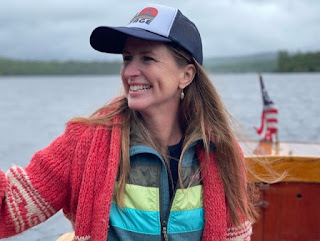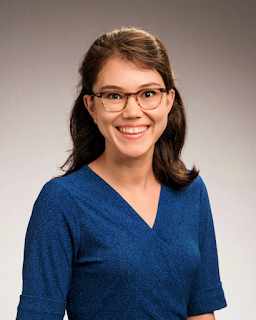Adrienne Perry

My teaching and writing focus on creative nonfiction, editing and publishing, translation, and adaptation. My work has received support from the Elizabeth George Foundation, Inprint, Kimbilio, and Hedgebrook. My short stories and essays can be found in Callaloo , Meridians: Feminism, Race, Transnationalism , Copper Nickel , The Common , and elsewhere. Current projects include Other Legacies: Great Unsung American Poets , a co-edited poetry anthology through Wesleyan University Press, and a novel.


















